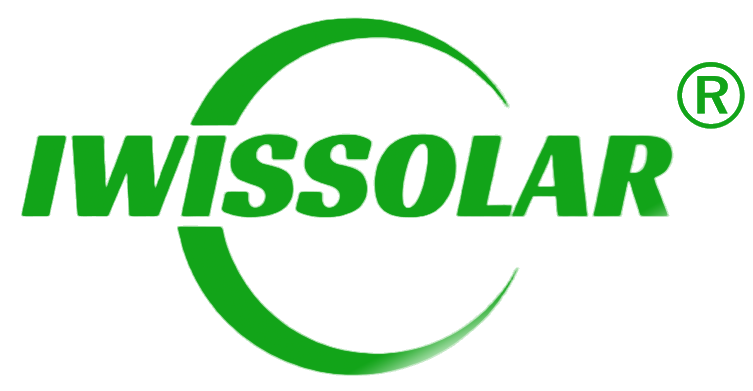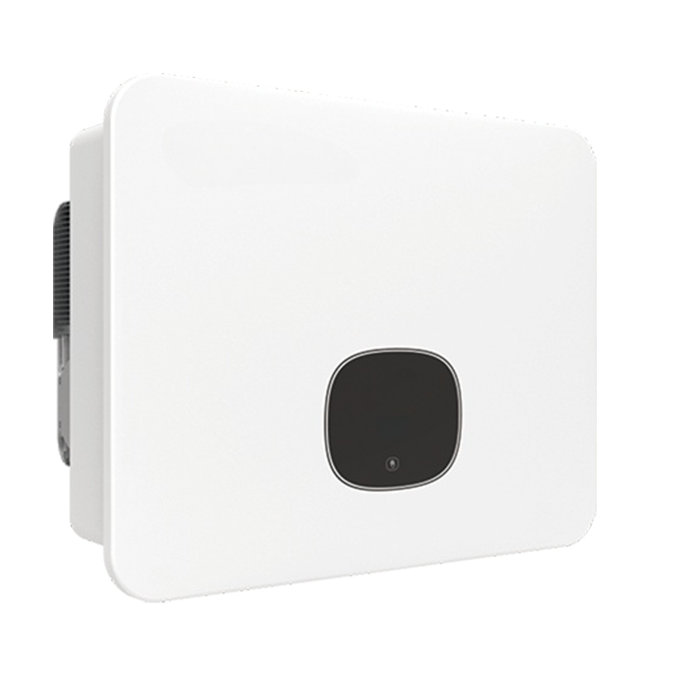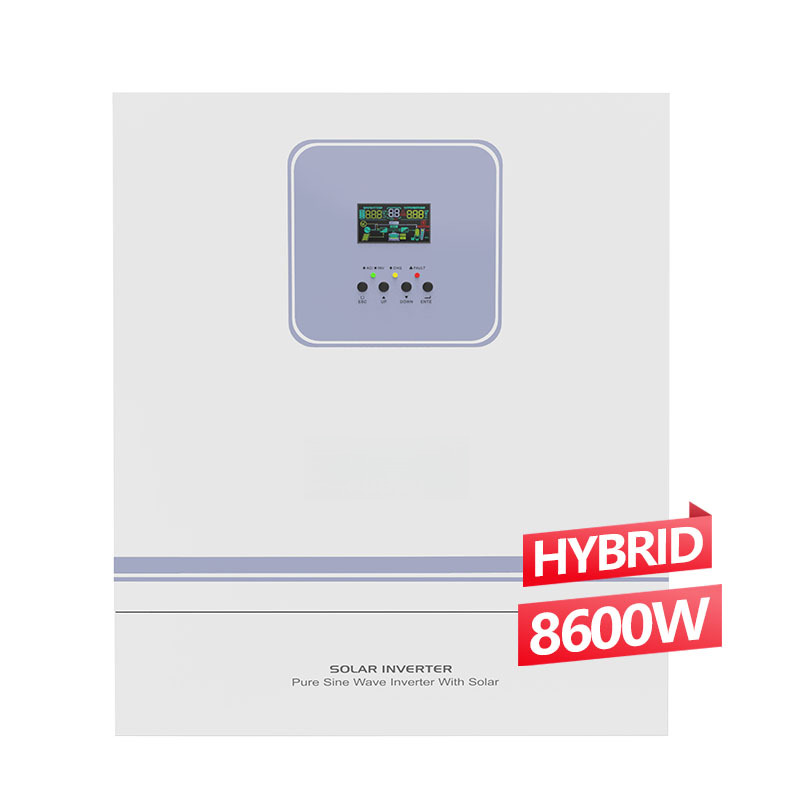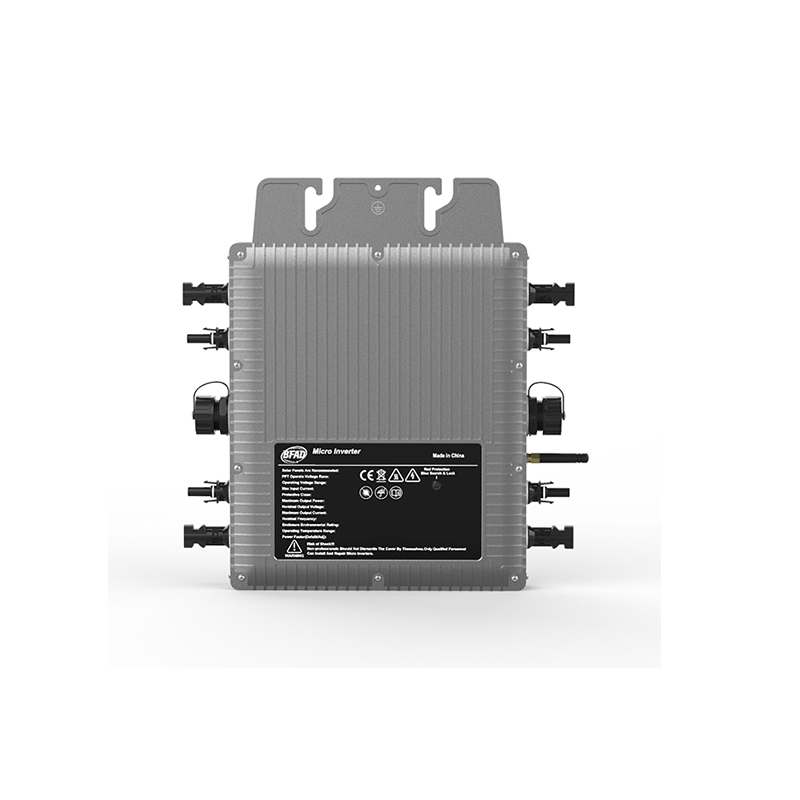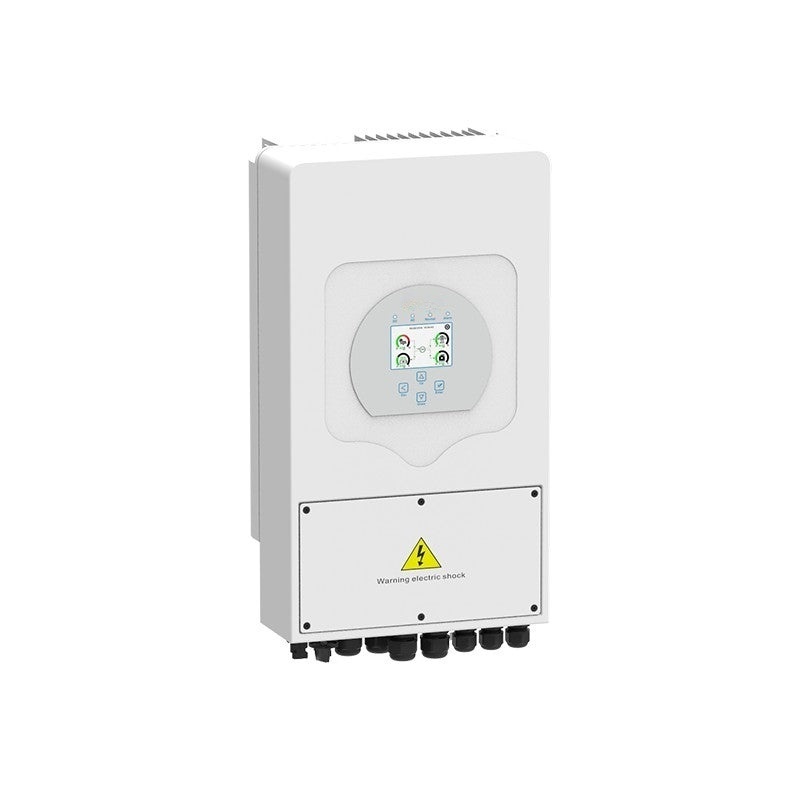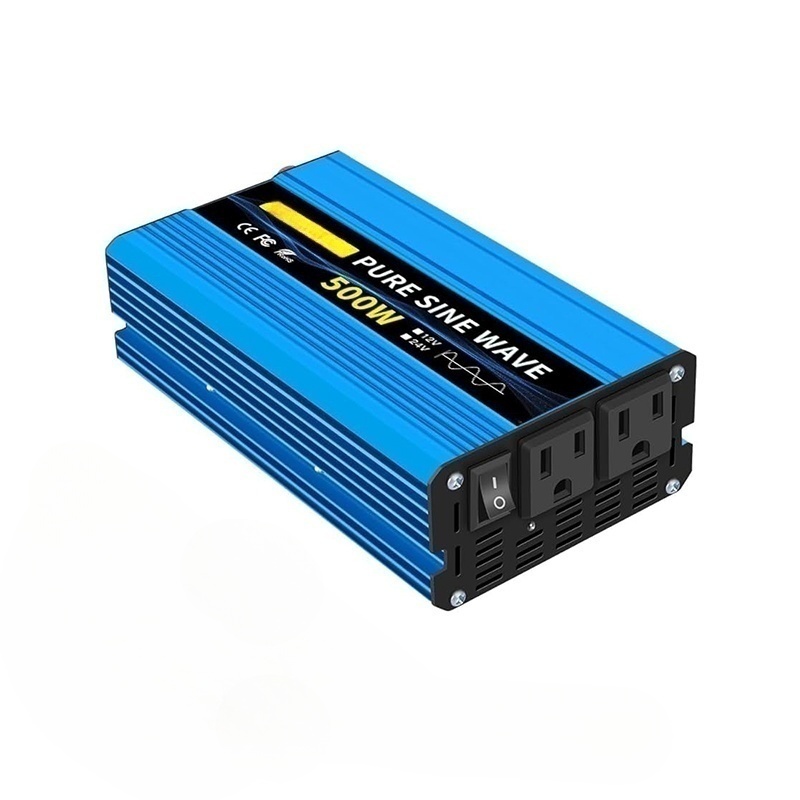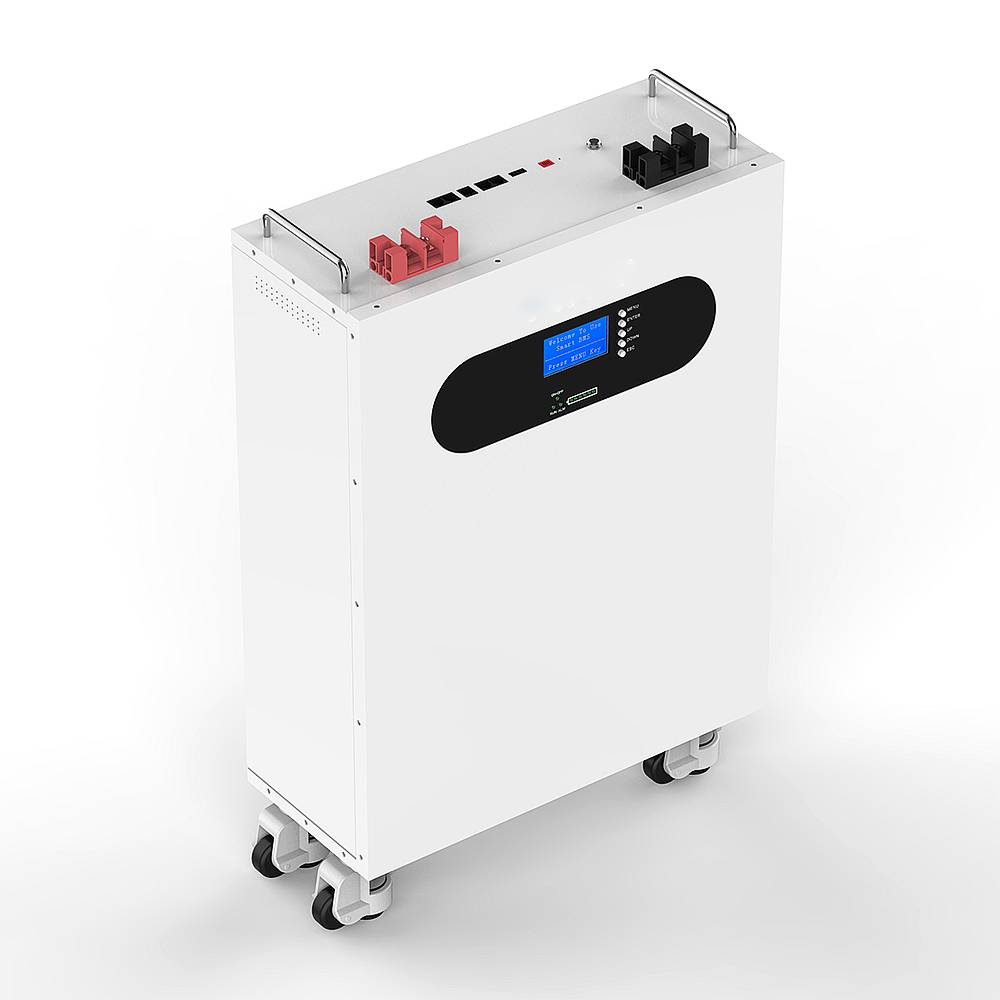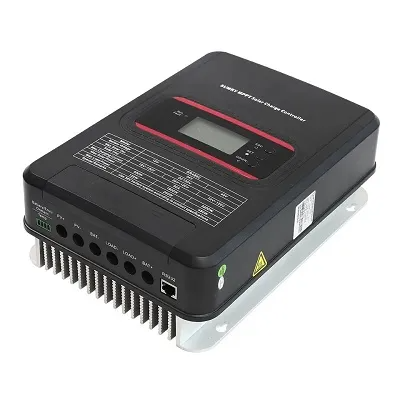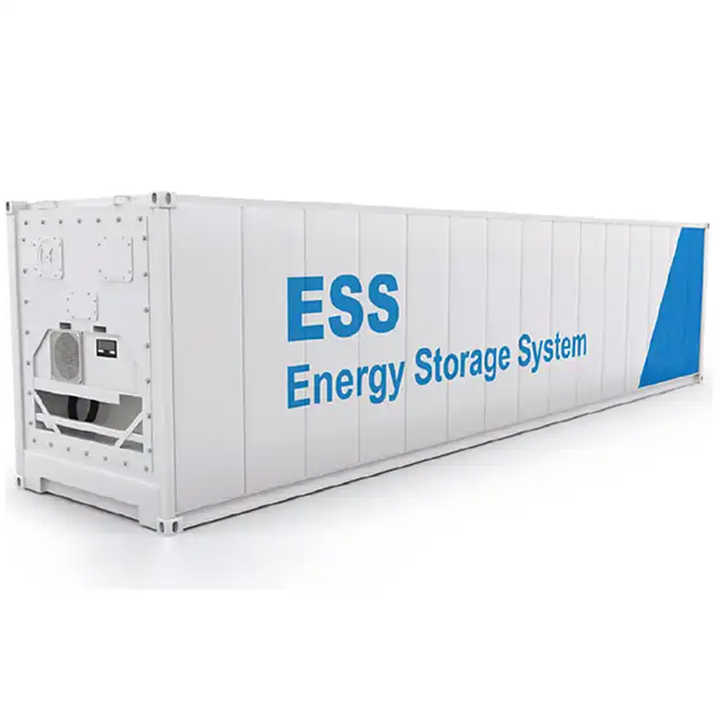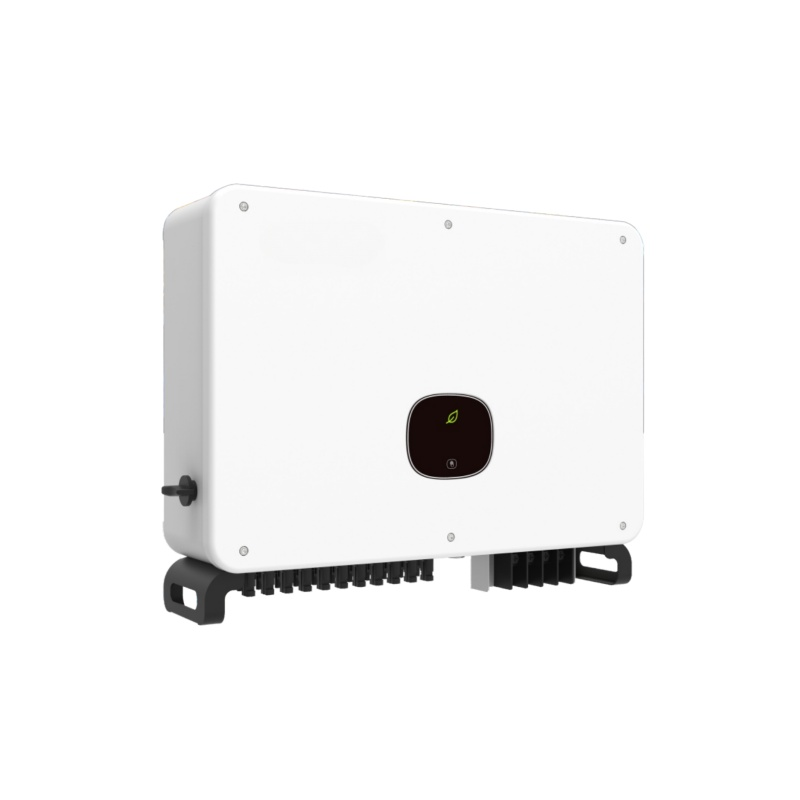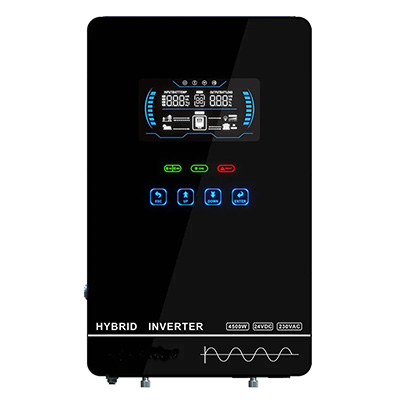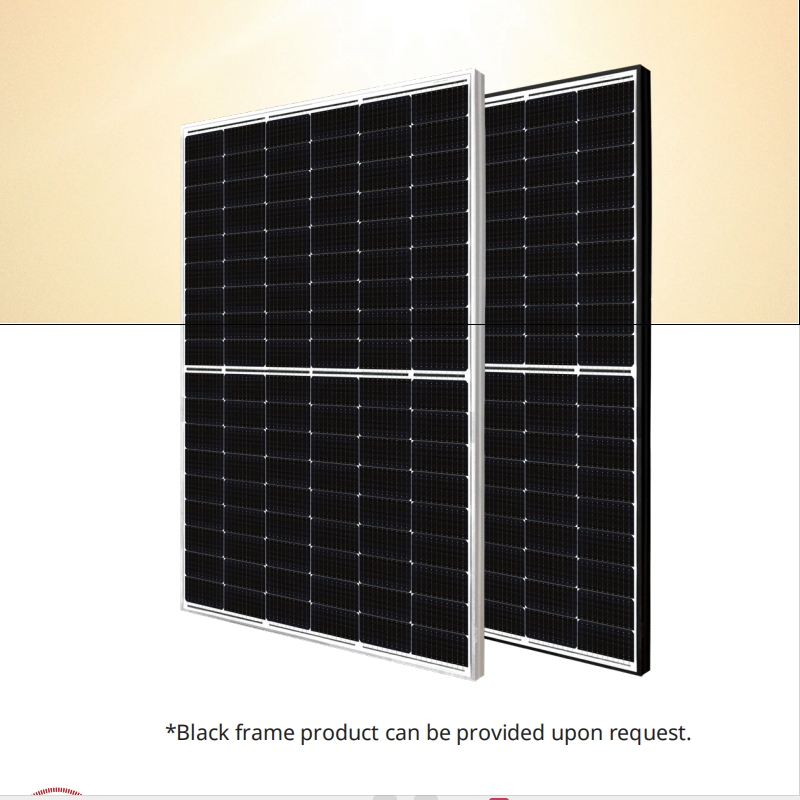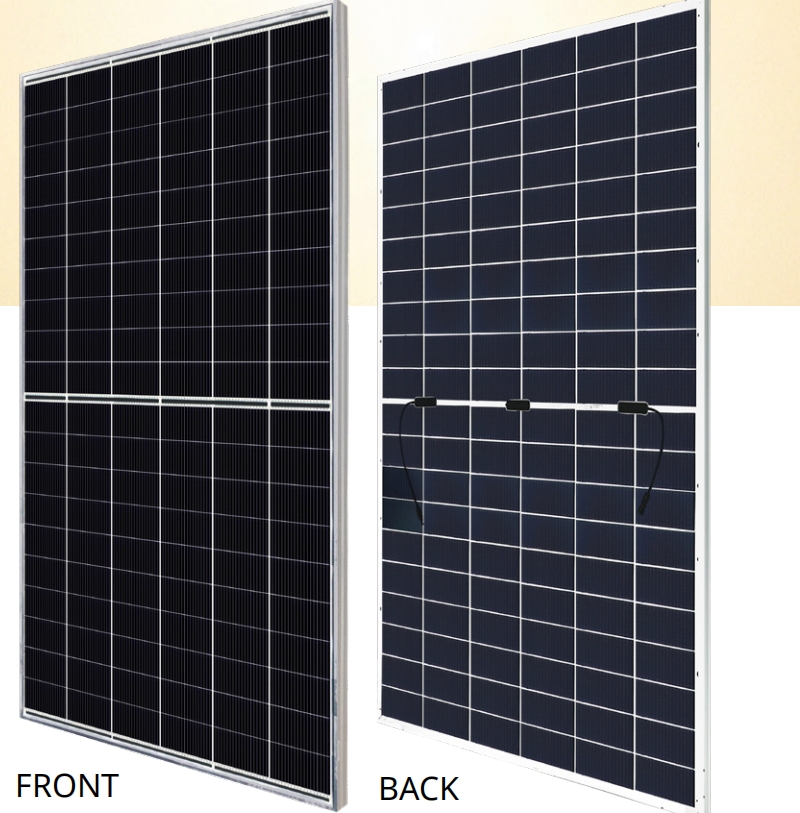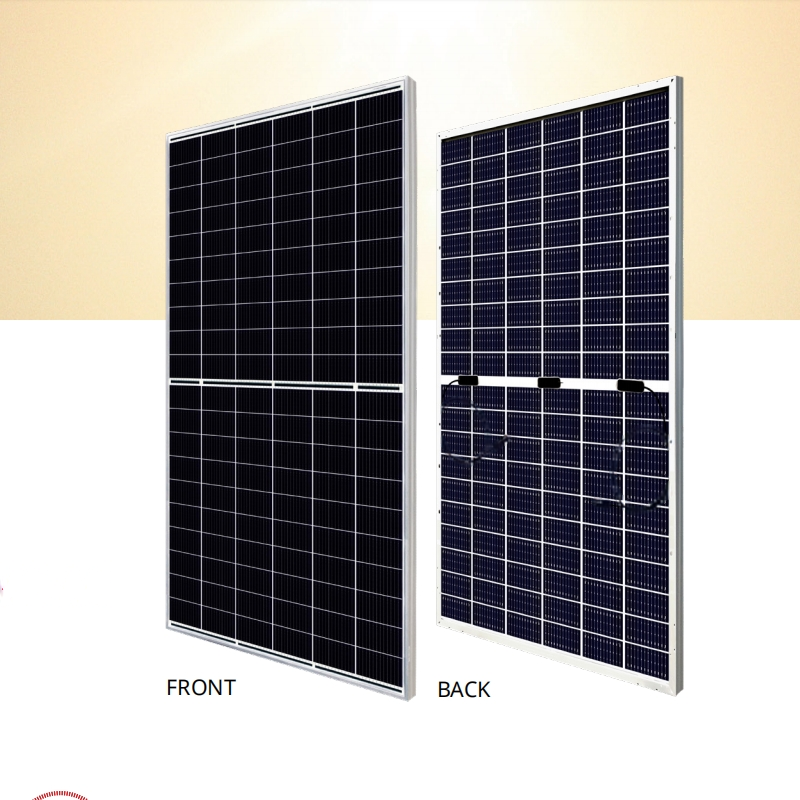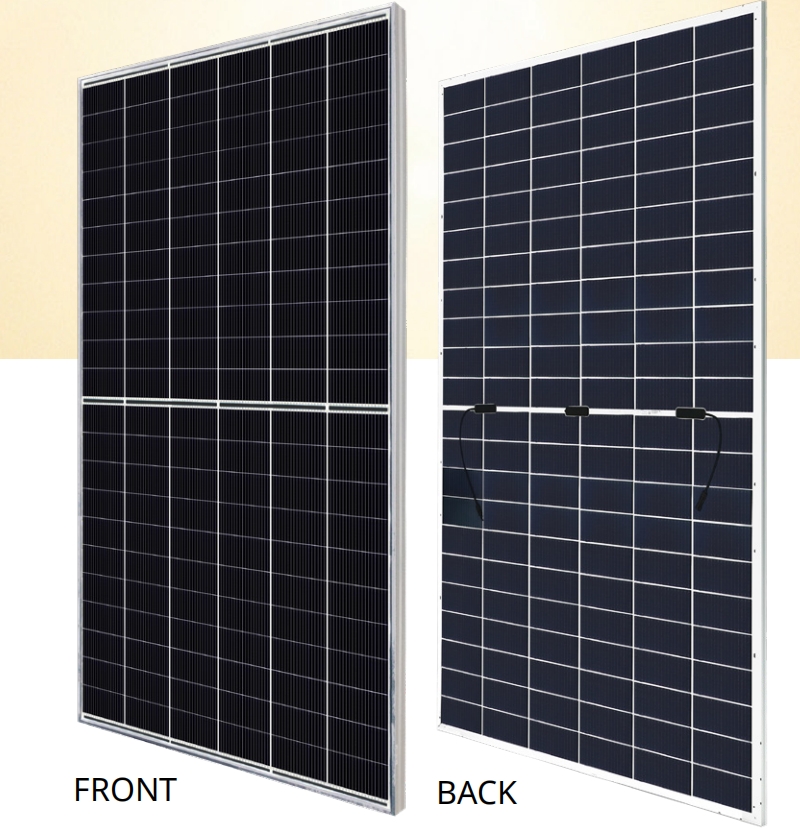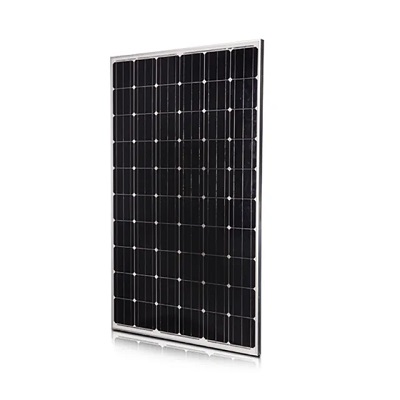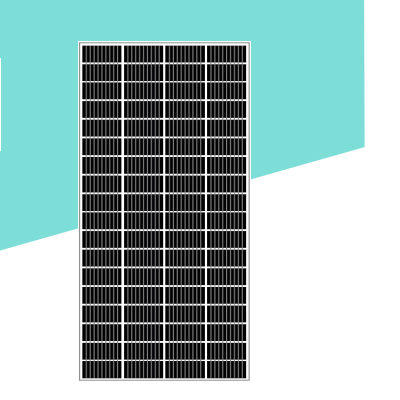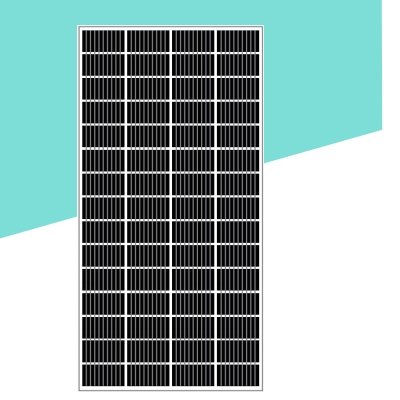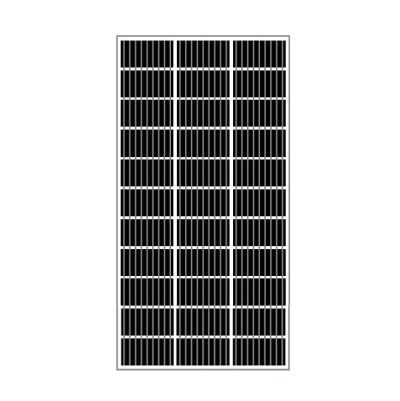How to Pick the Best Solar Inverter Manufacturers
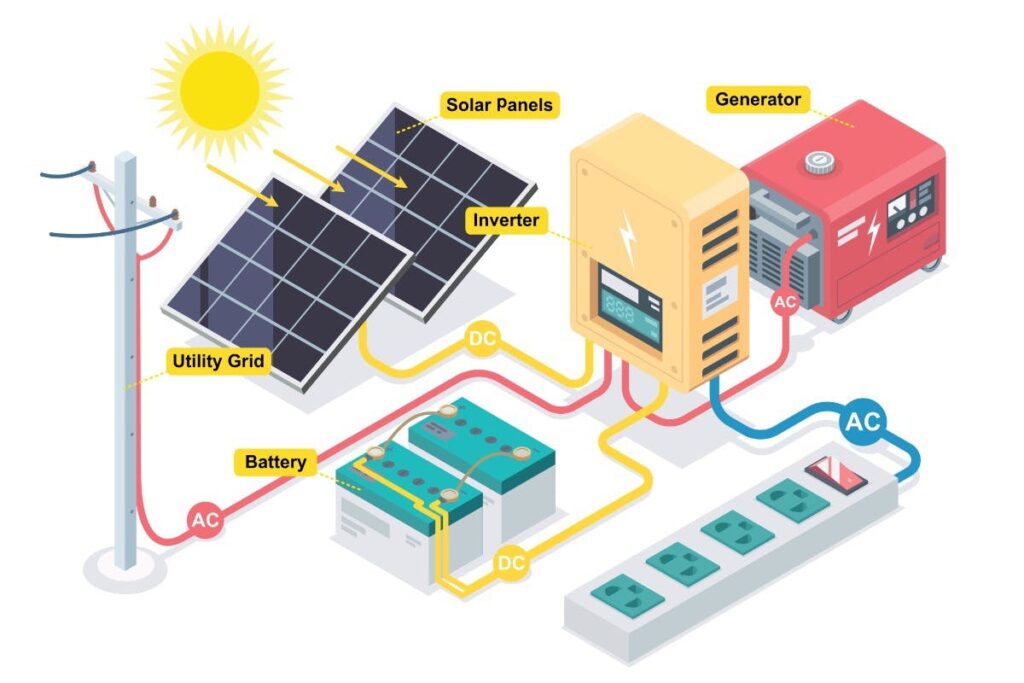
Part 1. Iwis Solar Manufacturers in China
Custom Solar Products For Your Industries
Part 2.What Is a Solar Inverter and Why Does the Manufacturer Matter?
Before diving into the selection process, let’s clarify what a solar inverter does and why the manufacturer’s quality is so important. Solar panels generate electricity in the form of DC, but most homes and appliances operate on AC. The solar inverter bridges this gap, making the energy usable. A high-quality inverter ensures maximum energy conversion, minimal power loss, and durability over time—typically 10-15 years or more.
Choosing the right solar inverter manufacturer impacts:
- Efficiency: How much energy is successfully converted and utilized.
- Reliability: Whether the inverter can withstand years of operation without frequent breakdowns.
- Cost-Effectiveness: Balancing upfront costs with long-term performance and savings.
With so many manufacturers on the market, picking the best one can feel overwhelming. This guide will break it down step by step, helping you make an informed decision without relying on external resources.
Part 3. Understanding Solar Inverter Types
The first step in choosing a solar inverter manufacturer is understanding the different types of inverters available. Each type serves specific needs, and the best manufacturer for one might not excel in another. Here’s a detailed look at the main types:
1. String Inverters
- How They Work: String inverters connect a series (or “string”) of solar panels to a single inverter.
- Best For: Homes or businesses with unshaded roofs and straightforward layouts.
- Pros: Cost-effective, simple to install, and widely available.
- Cons: If one panel is shaded or underperforms, it can reduce the output of the entire string.
2. Microinverters
- How They Work: Microinverters are installed on each solar panel, converting DC to AC at the panel level.
- Best For: Roofs with shading, complex designs, or varying panel orientations.
- Pros: Maximizes energy production per panel, ideal for challenging installations.
- Cons: Higher upfront cost and more components to maintain.
3. Hybrid Inverters
- How They Work: Hybrid inverters work with both solar panels and battery storage systems.
- Best For: Homeowners planning to add energy storage now or in the future.
- Pros: Offers flexibility for off-grid or grid-tied systems with backup power.
- Cons: Can be more expensive and complex to install.
4. Central Inverters
- How They Work: Central inverters handle large arrays of panels, typically in commercial or utility-scale projects.
- Best For: Solar farms or large industrial installations.
- Pros: High power capacity and efficiency for big systems.
- Cons: Not practical for residential use due to size and cost.
Key Takeaway: Identify your system’s needs before researching manufacturers. For example, if you need microinverters, you’ll focus on companies specializing in that technology rather than those known for string inverters.
What Other Solar or Power Products You Want
Custom Solar Products For Your Industries
We provide custom solutions to all our customers and offer free consulting or samples that you can take advantage of.
Part 4. Key Factors to Consider When Choosing a Solar Inverter Manufacturer
Once you know the type of inverter you need, it’s time to evaluate solar inverter manufacturers based on several critical factors. These will help you narrow down your options and find a manufacturer that aligns with your goals.
1. Reputation and Experience
A manufacturer’s track record is a reliable indicator of their trustworthiness. Consider:
- Years in Business: Companies with a decade or more of experience have likely weathered industry changes and proven their staying power.
- Customer Feedback: Positive reviews and testimonials from other solar system owners can highlight a manufacturer’s strengths.
- Industry Standing: Look for manufacturers recognized by industry organizations or awarded for innovation or quality.
Example: A manufacturer with 20 years of experience and a history of successful installations is generally more dependable than a newcomer with untested products.
2. Product Quality and Reliability
Your solar inverter must endure years of exposure to the elements and continuous operation. Assess:
- Warranty Length: A warranty of 10-25 years signals confidence in the product’s durability. Microinverters often come with longer warranties (up to 25 years) compared to string inverters (10-15 years).
- Build Quality: Inverters with high IP ratings (e.g., IP65 or IP66) are dust- and water-resistant, ideal for outdoor use.
- Reliability Data: Some manufacturers publish failure rates or reliability stats—lower rates mean fewer headaches.
Tip: Check if the inverter is designed to handle your local climate, such as extreme heat or humidity.
3. Efficiency
Efficiency measures how much energy is lost during the DC-to-AC conversion. Higher efficiency translates to more usable power and greater savings. Look for:
- Efficiency Ratings: Aim for 96% or higher. Premium inverters often reach 98-99%.
- Performance Across Conditions: Some inverters maintain efficiency better in low-light or high-temperature scenarios.
- Type-Specific Efficiency: Microinverters might have slightly lower efficiency than string inverters but compensate with panel-level optimization.
Example: An inverter with 98% efficiency ensures you lose only 2% of the energy your panels produce, maximizing your system’s output.
4. Technology and Innovation
The best solar inverter manufacturers invest in cutting-edge technology to enhance performance and user experience. Evaluate:
- Smart Features: Inverters with Wi-Fi or app-based monitoring let you track energy production and detect issues remotely.
- Battery Integration: Hybrid inverters or compatibility with battery storage are essential for future-proofing your system.
- Safety Enhancements: Features like arc fault protection and rapid shutdown improve safety and compliance with regulations.
Example: Some manufacturers offer AI-driven diagnostics that predict maintenance needs, reducing downtime and repair costs.
5. Customer Support
Even the best inverters can encounter issues, making customer support a critical factor. Check:
- Local Availability: Manufacturers with service centers or certified installers in your area can respond quickly to problems.
- Support Resources: Comprehensive manuals, online troubleshooting guides, and responsive helplines add value.
- Reputation for Service: A manufacturer known for prompt, helpful support can save you time and frustration.
Tip: Contact the manufacturer’s support team with a question before buying to test their responsiveness.
6. Price and Value
While budget matters, the cheapest option isn’t always the best. Focus on:
- Total Cost of Ownership: A low-cost inverter with frequent failures or low efficiency could cost more over time.
- Value for Money: Compare features, warranty, and performance relative to price.
- Financing Options: Some manufacturers offer payment plans or partner with installers to ease upfront costs.
Example: An inverter priced 20% higher but with a 15-year warranty and 98% efficiency might outlast and outperform a cheaper model, saving you money long-term.
7. Certifications and Standards
Ensure the manufacturer’s products meet safety and performance benchmarks. Key certifications include:
- IEC and UL: International standards for safety and quality.
- Grid Compliance: Inverters must adhere to local grid regulations (e.g., IEEE 1547 in the U.S.).
- Environmental Standards: Eco-friendly manufacturing processes or recyclable materials appeal to sustainability-focused buyers.
Tip: Confirm the inverter is certified for your region to avoid compatibility or legal issues.
Part 5.Comparing Top Solar Inverter Manufacturers
To give you a head start, here’s an overview of some leading solar inverter manufacturers, based on their strengths and specialties. This comparison is drawn from general industry knowledge and does not rely on external sources.
SMA Solar Technology
- Origin: Germany
- Specialty: String inverters
- Strengths: Over 40 years of experience, renowned for durability and excellent customer support. Their Sunny Boy series is a residential favorite.
- Best For: Traditional rooftop systems with minimal shading.
Fronius
- Origin: Austria
- Specialty: String and hybrid inverters
- Strengths: Innovative designs with integrated monitoring (Solar.web platform). The Primo and Symo lines are highly efficient and user-friendly.
- Best For: Tech-savvy users seeking smart features.
Enphase Energy
- Origin: USA
- Specialty: Microinverters
- Strengths: Industry leader in microinverter technology, offering panel-level optimization and a 25-year warranty with the IQ series.
- Best For: Shaded roofs or complex layouts.
SolarEdge
- Origin: Israel
- Specialty: String inverters with power optimizers
- Strengths: Maximizes energy harvest with power optimizers and provides robust monitoring. The HD-Wave inverter is lightweight and efficient.
- Best For: Systems needing flexibility and high output.
Huawei
- Origin: China
- Specialty: String inverters
- Strengths: Competitive pricing, high efficiency, and smart features like AI-powered arc detection. Rapidly growing in residential and commercial markets.
- Best For: Budget-conscious buyers wanting modern technology.
How to Choose: Match the manufacturer to your needs. For instance, Enphase excels in microinverters, while SMA and Fronius dominate string inverters.
Part 6.Common Mistakes to Avoid When Choosing a Solar Inverter Manufacturer
Even with thorough research, pitfalls can derail your decision. Here’s what to watch out for:
- Prioritizing Price Over Quality: A low-cost inverter might fail early or waste energy, negating initial savings.
- Ignoring System Compatibility: Ensure the inverter matches your panels’ voltage and power output, and works with any planned battery storage.
- Overlooking Warranty Details: A short warranty or one with restrictive terms could leave you paying for replacements.
- Neglecting Local Support: Without nearby service options, repairs could delay your system’s operation.
Pro Tip: Create a checklist of your priorities
Part 7.Frequently Asked Questions (FAQ)
Here are answers to common questions about solar inverter manufacturers to round out your knowledge:
Q: What is the average lifespan of a solar inverter?
A: Most solar inverters last 10-15 years, though high-quality models can exceed 20 years with proper care. Regular maintenance, like cleaning and monitoring, can extend their life.
Q: Can I mix different brands of solar panels and inverters?
A: Yes, as long as they’re compatible in terms of voltage and power specifications. However, using the same brand can streamline installation and support.
Q: Are there incentives for choosing certain manufacturers?
A: Some regions offer rebates for locally made or certified inverters. Check with your local government or installer for details.
Q: How does efficiency affect my solar system?
A: Higher efficiency means less energy is lost during conversion, increasing your system’s output and reducing your electricity bills.
Part 8.Conclusion
Custom Solar Products For Your Industries
We provide custom solutions to all our customers and offer free consulting or samples that you can take advantage of.
